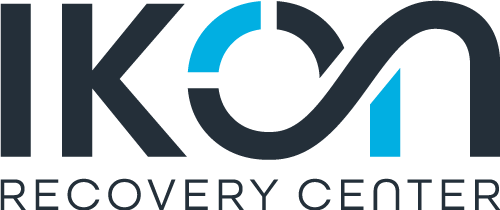Burlington County, NJ, is a picturesque area with over 1,000 acres of developed parkland. However, our community still struggles with addiction. Thankfully, Burlington County offers a range of addiction treatment options designed to support those struggling with substance use disorders and dual diagnosis issues. With a growing awareness of the impact of addiction on individuals and communities, local treatment centers provide comprehensive programs designed to meet the unique needs of each person they welcome. Burlington County’s facilities focus on fostering recovery through evidence-based practices and compassionate care, and the resources available in this region can guide you on the path to healing and long-term sobriety.
Burlington County Drug & Alcohol Rehab Resources
Local Resources For Mental Health & Addiction Treatment
Substance Abuse Treatment in Burlington County
Types of Addiction Treatment in Burlington County
Burlington County offers a variety of addiction treatment options designed to address the diverse needs of everyone seeking recovery. Understanding the different levels and modalities available can help you find the most suitable path for healing:
Therapeutic Modalities
How to Choose Your Burlington County Drug & Alcohol Rehab
Selecting the right drug rehab center in Burlington County can significantly impact your recovery journey. Here are five key factors to consider as you make your choice:
Sober Living Houses in Burlington County
Residents often engage in outpatient services, including intensive outpatient programs and counseling, to address both substance abuse and any co-occurring mental health issues. Sober living houses also facilitate support through regular meetings, which may include Alcoholics Anonymous and other peer support groups, cultivating a sense of community among residents. These programs are designed to assist people in building coping skills and resilience, ultimately helping them reclaim their lives and nurture positive relationships with loved ones.
Emergency Services for Addiction in Burlington County
Emergency services for addiction are crucial for individuals facing immediate crises related to substance use disorders in Burlington County. These services are designed to provide swift and effective interventions, ensuring that those in need receive the support they require.
Community Resources for Mental Health & Addiction
- 211 New Jersey: Dial 211 or visit their website to connect to a resource specialist
- Call or text 988 to access the new National Suicide and Crisis Lifeline in New Jersey
- State of New Jersey Narcan (Naloxone) access and training information: Narcan can administered to reverse the effects of opioid overdose
- Veterans Crisis Line: Dial 800-273-8255, option 1
Local Stats You Need to Know
While awareness of the impact of addiction on individuals and communities around NJ continues to grow, the substance abuse crisis continues.
Between 2011 and 2021, Burlington County witnessed a significant increase in the number of residents seeking treatment for substance use, with admissions rising by over 2,600 individuals to reach a total of 4,162.[1] Additionally, approximately one in five residents in Burlington County engages in excessive alcohol consumption, a rate notably higher than both the state and national averages.[2]
These numbers paint a vivid picture of the continued need for improved resources, awareness, and treatment options in our community.
Help for Addiction in Burlington County
Reach out to find the support and resources you need to start your recovery journey. Together, we can build a healthier future – take the first step today.

Sober Activities in Burlington County
- Visit the Burlington County Farm Fair, where you can enjoy local crafts, delicious food, and family-friendly activities, all in a vibrant community setting that promotes healthy fun.
- Take a stroll through Smithville Park, featuring scenic walking trails, historic sites, and beautiful gardens, perfect for a peaceful day outdoors.
- Attend community events at the Burlington County Agricultural Center, where you can participate in art exhibits, workshops, and live performances that encourage creativity and connection.
- Explore the scenic trails at the Rancocas Nature Center, where you can enjoy hiking, birdwatching, and educational programs focused on local wildlife and conservation.
- Visit the Burlington Historic District, where you can explore charming shops, enjoy riverfront views, and participate in seasonal festivals that foster community spirit.
Paying for Treatment in Burlington County
Paying for treatment in Burlington County involves exploring various options to ensure access to necessary care for addiction. Many treatment centers accept insurance plans, and there are financial assistance programs available for those in need. Additionally, state and local resources may offer funding or sliding scale fees based on income, making it easier to receive the support you require. It’s essential to contact treatment facilities directly to understand their payment options and find a solution that fits your financial situation.
Frequently Asked Questions About Attending Burlington County Drug & Alcohol Rehab
How long does treatment typically last?
Treatment duration varies based on individual needs and the program selected. Inpatient stays may last from 30 days to several months, while outpatient programs can be more flexible, allowing clients to attend sessions while maintaining daily activities.
What happens if I experience cravings during treatment?
Cravings are a common part of recovery. Therapists will equip you with coping strategies, and you’ll have access to support groups where you can share experiences and receive encouragement from peers.
How can I afford treatment?
Treatment facilities often accept various insurance plans, and financial assistance programs may be available for those in need.
Other Nearby Locations
Sources
[1] Cms, O.-. (n.d.). Official site of the State of New Jersey. Department of Labor and Workforce Development | Grant Opportunities. https://www.nj.gov/labor/research-info/grants.shtml on October 25, 2024
[2] NJ CARES data by county – New Jersey Office of Attorney General. (2024, March 28). New Jersey Office of Attorney General. https://www.njoag.gov/programs/nj-cares/nj-cares-data-by-county/ on October 26, 2024



